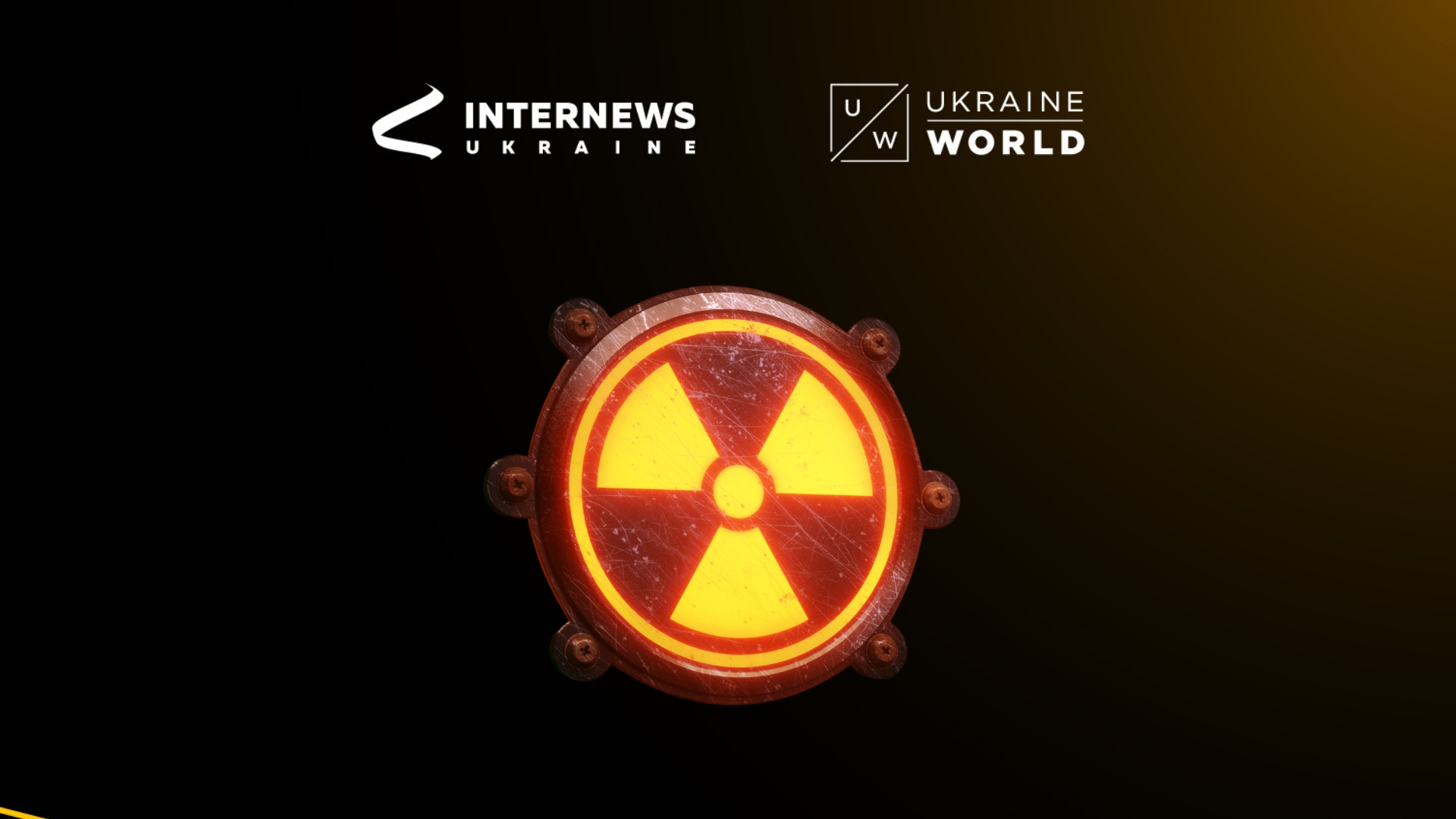
The Russian nuclear energy sector has been wrongly overlooked by the international community in terms of imposing sanctions. Despite global and regional threats emanating from the Russian nuclear monopolist - the Russian state nuclear energy corporation “Rosatom” - the West has been deliberating the viability and nature of imposing sanctions on the company for more than a year.
At the end of December 2023, the first step towards sanctioning the Russian nuclear energy sector was taken. A proposed bill banning the import of Russian uranium raw materials has been submitted to the US Congress.
Mykhailo Gonchar, President of the Centre for Global Studies "Strategy XXI", explained to UkraineWorld why imposing sanctions against “Rosatom” holds paramount importance and how it would contribute to reaching strategic stability.
The Russian energy quadra—oil, gas, coal, and nuclear sectors—are the tools Russia employs to reshape the global energy space and to influence global geoeconomic and geopolitical landscapes.
It also brings considerable revenues to make it possible for the Russian military machine to function.
Within the sanctions regime, the Russian energy sector’s nuclear component received insufficient attention. At first glance, it seems rational. The oil industry is the most profitable in Russia, bringing in around $200 bln every year (during the last 5 years) and fueling the war’s budget, making it a logical choice for the West to focus its initial sanctions.
“Rosatom” export revenues were $11.8 bln in 2022, which doesn’t appear significant when compared to oil revenues. However, the situation isn’t as straightforward as it first seems. Not only the financial component should be considered here.
Foreign actors tend to look at “Rosatom” - the only Russian corporation that deals with nuclear energy - through the lens of a ‘peaceful atom’. However, "Rosatom" controls every nuclear-related industry, including the production of nuclear weapons.
According to the report for 2022, the “Rosatom” corporate conglomerate consists of 435 organizations, with a total number of personnel of 337,400 employees. It is significant that the corporate cluster "Nuclear Weapons Complex" is the most populous, with 87,600 employees, while "Electric Power Division" is much smaller - 63,550 people.
The “Rosatom” arms cluster manages the entire cycle of nuclear weapons production, from its development and manufacturing of nuclear warheads to delivery to the military - the 12th Main Directorate of the Russian Defense Ministry, as well as further servicing and disposal of decommissioned ammunition.
The Russian Federal Nuclear Center – All-Russian Scientific Research Institute of Experimental Physics, the primary activity of which is to research and develop nuclear weapons, a subsidiary of the “Rosatom” corporation. Moreover, because it is not subject to international sanctions, “Rosatom” carries out import operations that allow the Russian military-industrial complex to receive the necessary equipment.
The necessity to impose sanctions against Russia's nuclear energy sector has been expressed at the international level. In April 2022, the European Parliament adopted a resolution calling for an immediate embargo on Russian oil, gas, and nuclear fuel. The EU members were also called to cease cooperation with “Rosatom.” The plan of the Yermak-McFaul Expert Group on Russian Sanctions from April 19, 2022, called for sanctions against “Rosatom.”
However, many global players demonstrated an unwillingness to do so. They prefer focusing on the ‘peaceful atom’ component of “Rosatom’s” activity, not wanting to disrupt business chains and cause problems for “Rosatom’s” clients in the USA and Europe.
And “Rosatom” effectively works through the Western nuclear lobby to keep this idea alive. This approach is wrong, not only considering Russia’s aggression against Ukraine, but could hold global implications.
Fueling the Russian nuclear weapons machine with money and the possibility of expanding its influence worldwide undermines all efforts to achieve strategic stability especially after Russia suspended its participation in the START III (Strategic Arms Reduction Treaty)
.
Moreover, Russia uses nuclear blackmail against Ukraine and Europe in general. It’s been threatening to use nuclear weapons against Ukraine, and has also captured the Europe’s largest nuclear power plant - Zaporizhzhya NPP, which is another unprecedented crime. What’s more, “Rosatom” controls the captured NPP and such actions may result in a massive nuclear disaster.
The absence of an adequate response, as well as letting the Russian nuclear giant to grow after two years of the full-scale war, only encourages Russia to intensify and expand its aggression.
It’s important to remember that by purchasing Russian nuclear fuel or nuclear technologies from “Rosatom”, the Western "pragmatists" are financing the development of Russian nuclear forces, with which the Kremlin threatens both Ukraine and the West.
